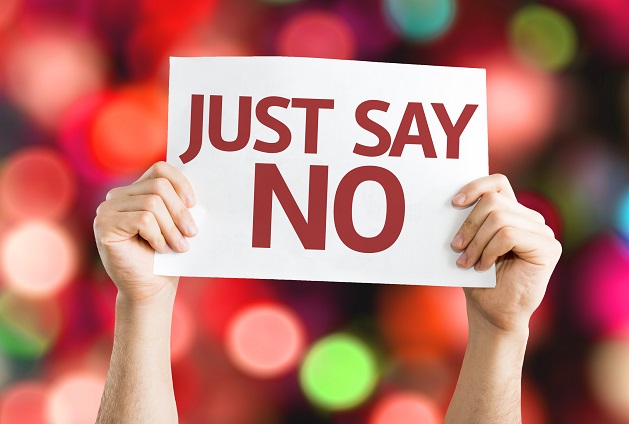
Every year surveys come out with percentages and detailed information regarding just about everything online. At LinkNow Media, we’re always interested in anything that affects SEO.
When it comes to online reviews, your reputation is pretty important, and the latest information confirms it. We’ll give you the “too long didn’t read” right now and say: reviews still matter in 2017.
So, don’t think you can get out of encouraging and monitoring them any time soon.
Who is Reading What?
In 2016, 95% of consumers were using the internet to look up local businesses. If you think that’s high though, 2017 has seen a 2% increase, up to 97%! If you currently run a business that doesn’t have an online presence, you’re making a big mistake.
Half of these consumers are looking for local businesses online at least once a month. Imagine how much business you’re missing out on if you’re not there to be found!
But, maybe your industry doesn’t really do that whole online thing? We doubt it. Among the top industries that have their clients reading reviews are:
- • Restaurants
• Hotels
• Healthcare
• Clothing stores
• Car dealerships
• Tradesmen
• Pest control
• Cars for hire
• Accountants
• Locksmiths
And that’s just to name a few. So, where should you be collecting reviews? Facebook and Yelp unsurprisingly tied at 20% of consumers trusting them the most, followed closely by Google at 16% and the Better Business Bureau at 15%.
And, how many of these browsers turn into conversions? 68% of US consumers are more likely to use a business with positive reviews, with 40% citing negative reviews as a reason not to frequent a local business.
Best of all, the number of consumers who will actually visit a business after reading a review has grown by 10% from last year, to 17%.
Focus on Quantity and Quality
Factors that have also grown in importance since 2016 are the quantity and quality of reviews. There’s no way you can just sit back and coast when it comes to this powerful SEO builder.
54% of consumers rank star rating as the most important factor, with quantity coming in second at 46%—up 11% from last year. Consumers also want to see you getting involved. Up 10% from 2016, 30% now want to see you responding.
Therefore, our best advice to you is to keep doing what you’re doing. But do it a lot more. You still need to be drumming up reviews and monitoring them, providing professional responses to both positive and negative, but the importance of review building and etiquette has only become more important.
Feeling overwhelmed? You can always put the reins in the hands of an experienced SEO team like the one at LinkNow Media!









